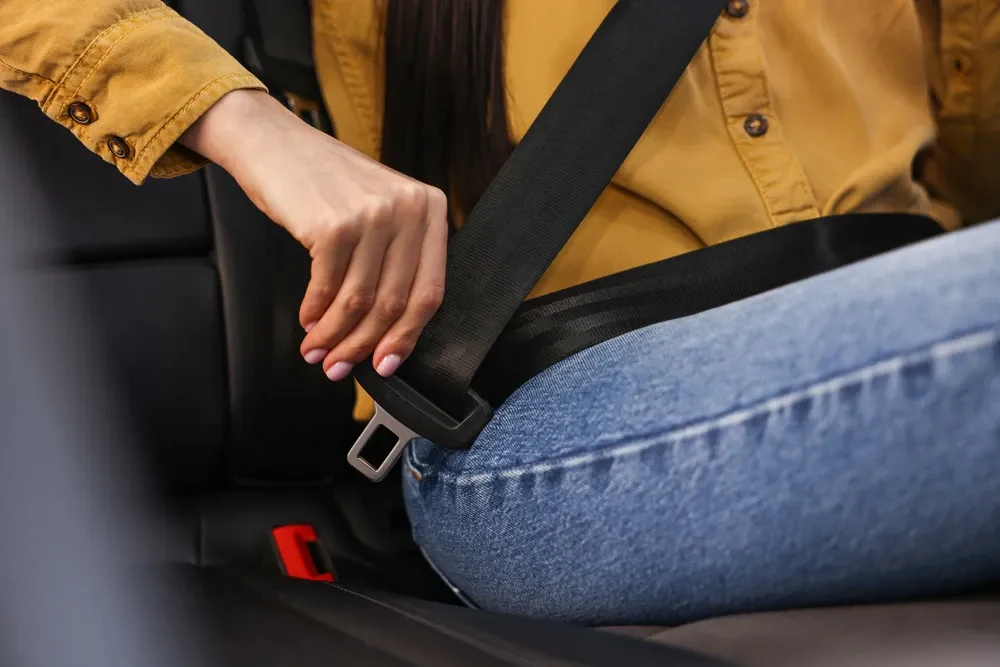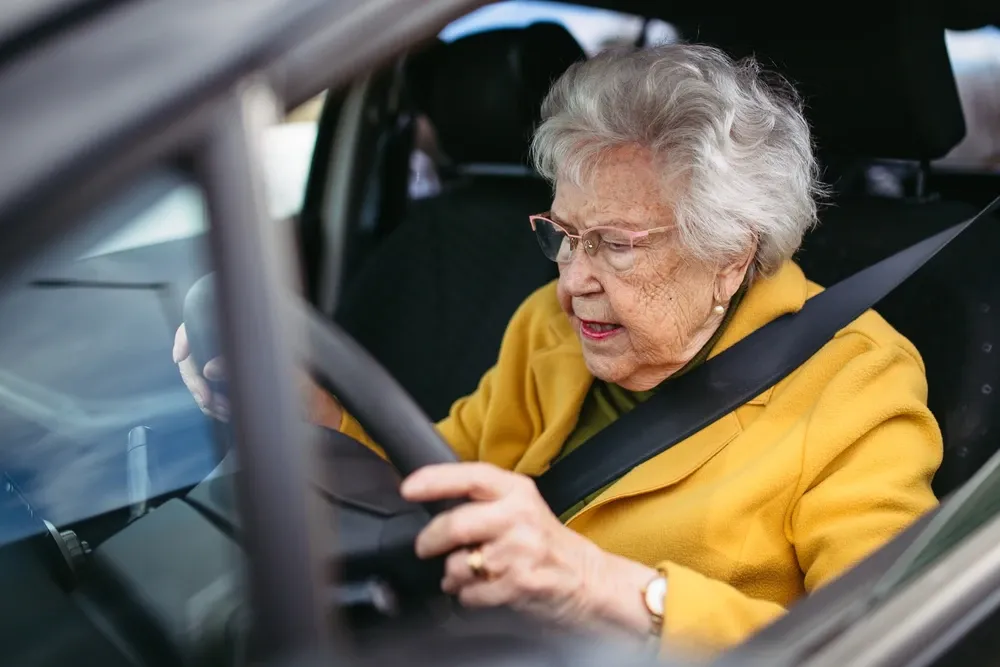The Limitations Of The Illinois Dram Shop Act
Dram shop laws hold restaurants, bars and other establishments that sell liquor liable for injuries caused by intoxicated people to whom they have served alcohol. At common law, there was no cause of action available against commercial vendors for...

Dram shop laws hold restaurants, bars and other establishments that sell liquor liable for injuries caused by intoxicated people to whom they have served alcohol. At common law, there was no cause of action available against commercial vendors for these types of injuries. However, today the majority of states have a dram shop law providing for such legal action, although they vary greatly in scope.
Illinois Dram Shop Act
Illinois has a fairly liberal dram shop law. Under the state's Liquor Control Act (also referred to as the "Dram Shop Act"), a commercial vendor may be held liable for any injuries or damages caused by an intoxicated person so long as:
- The vendor sold alcohol to the person causing the injury
- The alcohol sold by the vendor caused or materially contributed to the person's intoxication
- The intoxication was the proximate cause of the plaintiff's injuries
The Act imposes liability against those who sold or furnished the alcohol to the intoxicated person, and against those who own, rent or lease the property where the alcohol was sold or provided. In addition, if a person 21 or older rents a hotel room for minors he or she knows will be consuming alcohol, then that person also may be held liable for any injuries or damages caused by the intoxicated minors.
Enforcing the Law Across State Lines
If a person consumes intoxicating liquor in Illinois and then causes an accident in a neighboring state, what happens? Unfortunately, when it comes to dram shop laws, the location of the accident is everything.
Illinois' Dram Shop Act only applies across state lines if the neighboring state has a similar dram shop law. For example, if a person downs 10 beers at a bar in Michigan and then causes an accident in Illinois, the bar that served the drunk driver may be held liable under Illinois's dram shop law, even though it is located in Michigan, if Michigan has a similar dram shop law.
If the opposite scenario occurs and the driver consumed the alcohol at an Illinois bar and then caused an accident in Michigan, the Illinois bar could not be held liable under the Illinois law because the person was not "injured within Illinois." The only way the bar could be held responsible for the accident is if Michigan's dram shop law applied. Under Michigan's law, commercial vendors only can be held liable if the person they served the alcohol to was either a minor or visibly intoxicated.
It is important to note that not all states have a dram shop law. In Wisconsin for example, dram shop type actions only may be maintained in cases where the bar or restaurant served alcohol to a minor. In Indiana, liability is limited to instances when it can be proven that the seller had "actual knowledge" of the person's intoxication.
For this reason, bars and restaurants on the state line can often avoid liability for accidents when the person they served alcohol to causes an accident in another state.
This loophole directly contradicts the entire purpose of dram shop laws, which are meant to discourage commercial vendors from serving alcohol to people to the point of inebriation who then go out and harm one or more innocent people. When bars take no action to stop an obviously intoxicated person from driving, their portion of fault should not depend on whether the person causes an accident in Illinois or Wisconsin or another state. Regardless of where the accident occurred, the bar still acted socially irresponsible and should be held legally accountable for its acts.
However, without a change to existing laws, commercial vendors will continue to escape liability for accidents in many cases, regardless of the fact that they may have contributed to the accident.
For more information pursuing a dram shop action and your other legal options following a drunk driving accident, contact an experienced attorney today.







